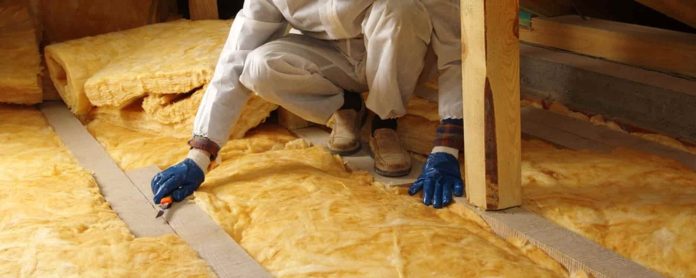Have you ever wondered how to keep your home cozy without wasting energy?
Choosing the right insulation can make a big difference in comfort and bills. This article will help you find safe and efficient options that fit your needs. You don’t have to be an expert to make smart choices that protect your family and save money.
Let’s explore how to pick insulation that works well for your home and peace of mind.
Know Your Climate
The climate where you live affects how much insulation you need. In cold places, insulation helps keep the heat inside your home. It reduces the need for extra heating.
In warmer places, insulation helps keep the heat outside. It lowers the need for air conditioning. Knowing your climate helps you choose the right insulation for your home.
Read more:
- How Insulated Conservatory Roof Panels Can Add Value to Your Home
- How to Prepare Your Home for Extreme Weather Conditions
- Family-Friendly Home Upgrades That Are Worth the Investment
Pick the Right Type of Insulation
Fiberglass insulation is made from tiny glass fibers. It is widely used because it is affordable. You should wear protective gear when installing it to avoid irritation.
Foam board insulation comes in rigid panels. It works well for walls and roofs and stops moisture. Spray foam expands to fill cracks and spaces when applied.
If you want to handle the job yourself and have some experience with home projects, consider DIY spray foam insulation. It can be a practical choice for filling small gaps and improving energy efficiency.
Check for Safety
Safety is important when choosing insulation materials. Look for products that resist fire to protect your home. Some insulation can release harmful chemicals, so check the labels.
Use gloves, masks, and other protective gear when handling insulation. Improper installation can cause health risks. Hiring a professional can reduce these risks.
Think About Efficiency
The R-value of insulation measures how well it resists heat flow. Higher R-values provide better insulation for your home. Choose insulation with an R-value that matches your needs.
Proper installation is necessary for efficiency. Insulation should fit tightly without gaps or compression. Gaps reduce the effectiveness of insulation.
Consider Moisture Control
Moisture can damage insulation and cause mold growth. Some insulation materials resist moisture better than others. Use vapor barriers in areas prone to dampness.
Keeping insulation dry helps maintain its performance. Moisture control protects your home structure. It also improves indoor air quality.
Balance Cost and Benefits
Insulation costs vary by type and quality. Investing in good insulation saves energy and lowers bills over time. Cheaper options might not last as long.
Think about how much you will save on heating and cooling. A good insulation choice is an investment in your home. It adds value and comfort.
Live Warm and Save Energy Every Day
Good insulation is more than just a home upgrade. It creates a healthier living space and helps protect the environment by saving energy. When you choose wisely, your home feels better, and you spend less on heating and cooling.
Finding the right insulation is a step toward comfort and safety. With the right care, your home stays cozy through every season.
We’re glad this article was of help. For more similar content, check out our blog.

